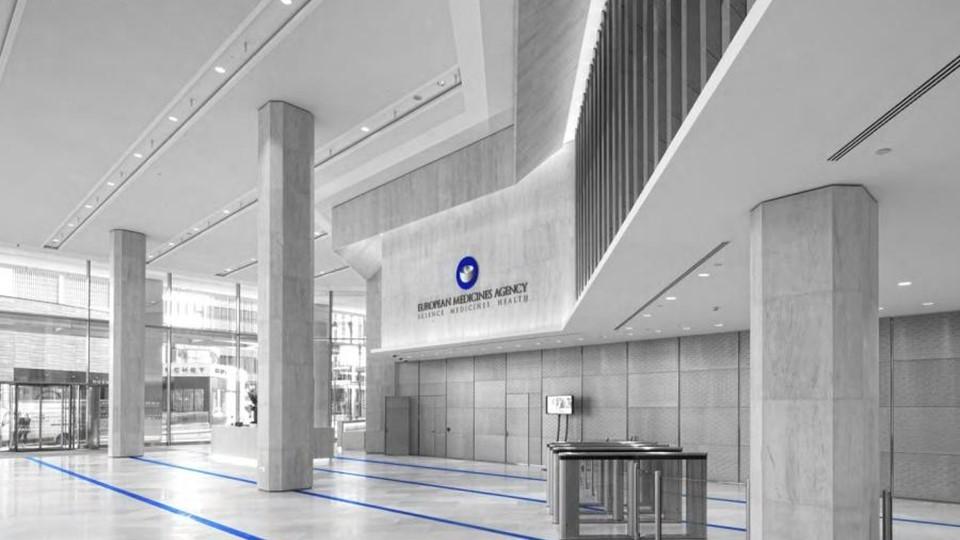CHMP calls in advisors to assist in Leqembi review

Eisai and Biogen’s marketing application for Alzheimer’s disease therapy Leqembi will face an independent advisory committee convened by the EMA before a decision is made on approval.
The Scientific Advisory Group (SAG) has been called in to assist the EMA’s CHMP human medicines committee in its review of the drug, which is vying to become the first disease-modifying therapy for Alzheimer’s in Europe.
Leqembi (lecanemab), which targets the amyloid plaques in the brain that are one of the main characteristics of Alzheimer’s dementia, has already been approved in the US, Japan, and most recently China.
SAG meetings are convened to deliver independent advice on specific scientific and technical matters for products being reviewed by the CHMP and are called in at the discretion of the regulator; for example, when there are diverging views or split opinions within the CHMP on clinical grounds.
Eisai noted in a statement that the SAG meeting will take place before the end of the fiscal year on 31st March and – if the CHMP delivers its verdict by that date – it expects a decision from the European Commission before the end of June.
The company did not comment on the implications of the SAG meeting, but Swedish biopharma company BioArctic – which has joint commercial rights to the drug in the Nordic region – stressed that calling for a SAG meeting is “a commonly used procedure for new treatments and new treatment concepts.”
It added that, alongside Eisai, it is currently “preparing for […] joint commercialisation in the region.”
An SAG meeting was also convened to address questions raised by the CHMP when it evaluated Biogen and Eisai’s earlier amyloid-targeting Alzheimer’s therapy Aduhelm (aducanumab), which had been approved by the FDA on the back of a weaker dataset than Leqembi. That process resulted in the refusal of the marketing application.
Leqembi’s review is based on the results of the CLARITY-AD study, which showed that the drug was able to slow cognitive decline in early Alzheimer’s patients – measured using the Clinical Dementia Rating-Sum of Boxes (CDR-SB) scale at 18 months of treatment – by 27% compared to placebo.
The drug has also been submitted for approval in Britain by the MHRA regulator and, in November, health technology assessment (HTA) agency NICE said it had started its appraisal process in anticipation of a decision this year.
Eisai serves as the lead of lecanemab development and regulatory submissions globally, with both Eisai and Biogen co-commercialising and co-promoting the product, although, Eisai has final decision-making authority.
Sales have been slow to grow in the US, where it was approved first, but Eisai has predicted that Leqembi could make $7 billion per year at its peak if approved widely. Competition could be on the way, however, with Eli Lilly's donanemab also heading for regulatory decisions in 2024.













